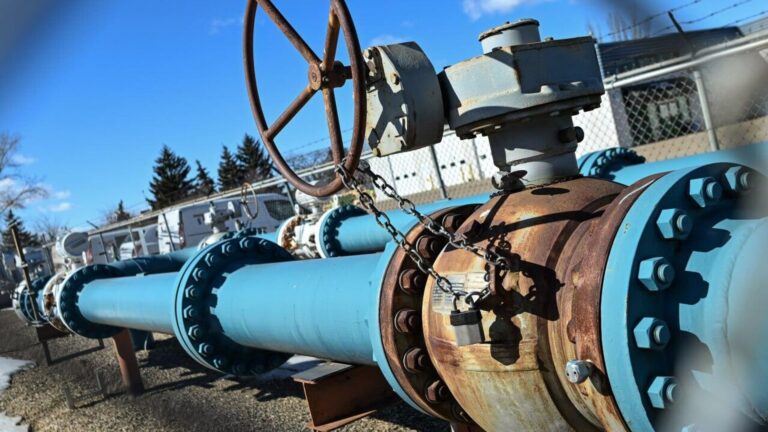The Nigerian Presidency has spotlighted the nation’s massive gas reserves—209 trillion cubic feet of proven natural gas—as a vital driver in its strategy for energy transition, industrialization, and economic diversification.
Mrs. Olu Verheijen, Special Adviser to President Bola Tinubu on Energy, shared these insights in an interview with the News Agency of Nigeria (NAN) in Abuja, as the administration marks its second year in office.
According to Verheijen, the Tinubu-led government is leveraging Nigeria’s abundant gas resources not only to reduce dependence on oil but to drive job creation, clean energy adoption, and investor confidence. This, she noted, builds on the reforms laid out in the Petroleum Industry Act (PIA), which have been strengthened by Presidential Directives 40 through 42—introducing more attractive fiscal terms and greater regulatory transparency.
“One of the key milestones is the Betafield Final Investment Decision, which will deliver 350 million standard cubic feet per day of gas,” she said. “More such projects are on the horizon, and together they are reshaping Nigeria’s gas landscape.”
Projects like Betafield and the Ubeta gas development aim to significantly boost domestic supply while cementing Nigeria’s relevance in the global energy space.
Expanding LPG Access and Unlocking Infrastructure
The administration’s “Decade of Gas” initiative is also gaining traction, with over 12 million homes now connected to Liquefied Petroleum Gas (LPG), thanks to policies promoting cleaner energy such as the Presidential Compressed Natural Gas (CNG) Initiative and LPG adoption incentives.
“These reforms are reducing diesel and firewood usage, improving air quality, and creating thousands of jobs,” Verheijen added.
Key infrastructure projects—including the OB3 pipeline, the Ajaokuta–Kaduna–Kano (AKK) pipeline, and the looping of the Escravos–Lagos Pipeline System (ELPS)—are also enabling access to gas for power generation and industrial growth, aligning with Nigeria’s long-term energy transition goals.
Boosting Investment with Fiscal Reforms and Strategic Funds
To attract more investors and speed up project delivery, the government has introduced enhanced fiscal incentives, cut red tape, and improved regulatory clarity.
A major step forward is the creation of the Midstream and Downstream Gas Infrastructure Fund (MDGIF)—a financing tool designed to catalyze gas infrastructure development across the country.
“These investments are critical for ensuring gas gets to where it’s needed—homes, industries, and power plants,” Verheijen said.
Ambitious Targets and Oil Security Measures
Verheijen reaffirmed the administration’s goal to produce 10 billion cubic feet (BCF) of gas daily by 2030, with a focus on tapping both onshore and offshore non-associated gas fields.
Security remains a top priority. Collaboration with law enforcement and the private sector is already paying off, curbing oil theft and pipeline sabotage to ensure hydrocarbon products reach their intended markets.
On crude oil production, Nigeria is currently averaging 1.5 to 1.7 million barrels per day, with a long-term ambition of reaching 4 million barrels per day.
New Executive Order to Drive Efficiency and Investment
To further revitalize the oil and gas sector, President Tinubu recently signed the Upstream Petroleum Operations Cost Efficiency Incentives Order (2025). The new directive introduces performance-based tax incentives for companies that achieve measurable cost savings aligned with global benchmarks.
This order builds upon previous 2024 reforms, which streamlined project approvals, improved fiscal terms, and modernized local content rules—making Nigeria more competitive in the global energy investment landscape.

